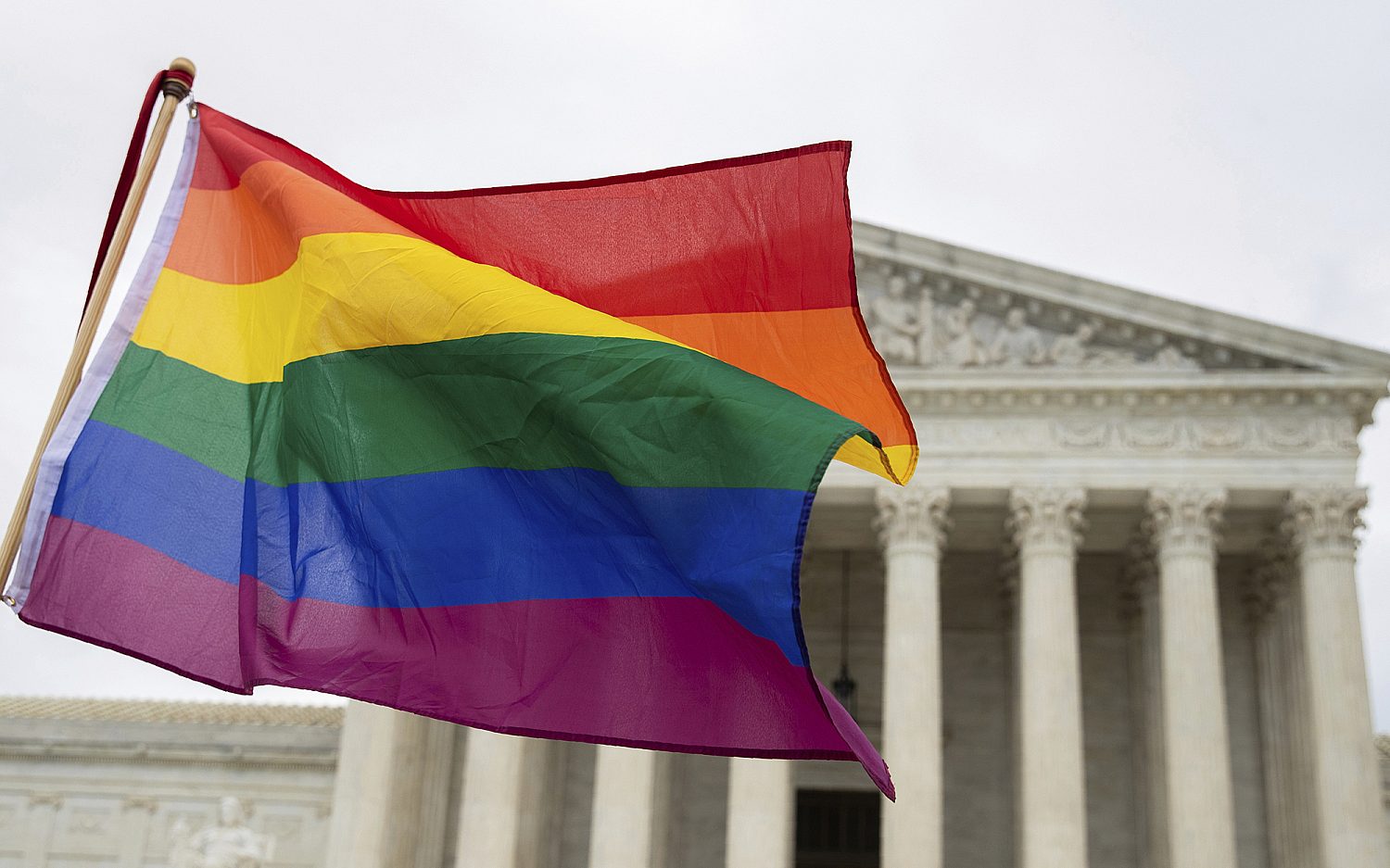Elie Wiesel dies at age 87
The author and Nobel Peace Prize winner remembered for bearing witness to the evil he experienced in a Nazi concentration camp
Auschwitz survivor Eliezar “Elie” Wiesel, winner of the Nobel Peace Prize, died Saturday at age 87. The Yad Vashiem Holocaust museum in Jerusalem announced Wiesel’s death in a tweet Saturday afternoon. No other details were immediately available.
In 1944, a few months after the Nazis invaded his hometown of Sighet, Romania, German soldiers loaded 15-year-old Wiesel, his parents, and his three sisters onto a cattle car bound for concentration camps. He spent nearly a year in the Auschwitz concentration camp in Poland. The Nazis murdered his mother, younger sister, and father. Prisoner number A-7713, Wiesel, survived. American soldiers liberated the camps in 1945.
Wiesel once wrote, “For the survivor who chooses to testify, it is clear: His duty is to bear witness.” Wiesel obeyed that mandate. He wrote 57 books throughout his life, many about the Nazi destruction of millions of Jews during the Holocaust.
Barely a week into his hospital stay after being rescued from Auschwitz, Wiesel began the work of remembering his torture. He started to write down what happened, but promised himself he wouldn’t reveal it immediately. Ten years later, Night came out.
Wiesel credited the horrors of the concentration camp with having “consumed my faith forever.” He wrote extensively about Jewish themes, human brokenness, and God, to whom he prayed for “strength to ask Him the right questions.”
Wiesel was chairman of the President’s Commission on the Holocaust during the Jimmy Carter administration and the founding chairman of the U.S. Holocaust Memorial Council. He received a Presidential Medal of Freedom and more than 100 honorary degrees from colleges and universities.
In 1986, Wiesel won the Nobel Peace Prize for his advocacy for marginalized groups, including Holocaust victims, Soviet Jews, Cambodian refugees, and African genocide victims. Shortly after winning the award, he founded The Elie Wiesel Foundation for Humanity, which promotes “acceptance, understanding, and equality.”
Wiesel’s intense memory of horror was his weapon against an evil history repeated. We must always remember, he said, lest in our forgetting we become accomplices. He wrote that even after his death, his testimony would continue its work: “The brain will be buried, but memory will survive it.”
An actual newsletter worth subscribing to instead of just a collection of links. —Adam
Sign up to receive The Sift email newsletter each weekday morning for the latest headlines from WORLD’s breaking news team.





Please wait while we load the latest comments...
Comments
Please register, subscribe, or log in to comment on this article.